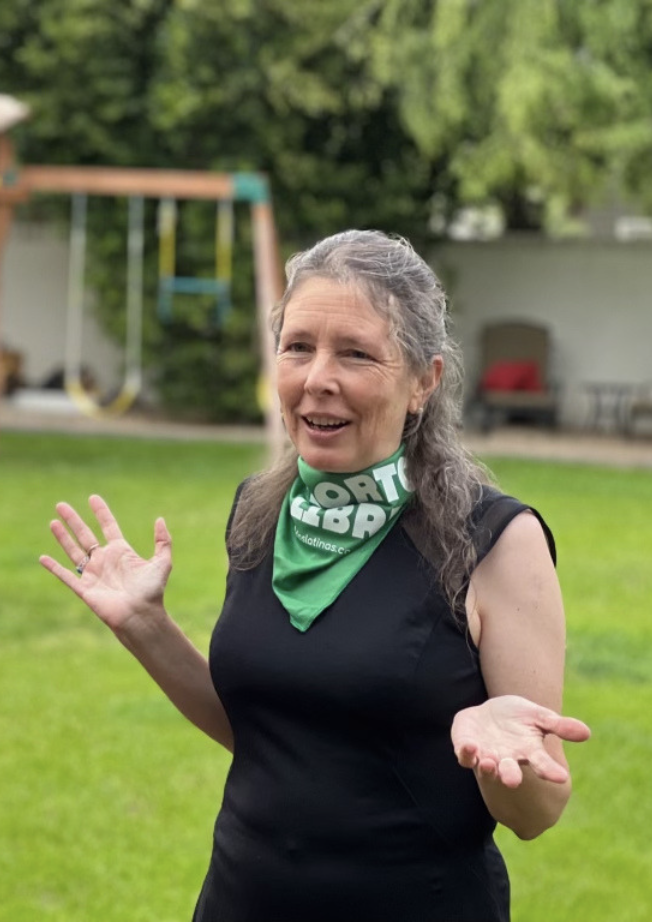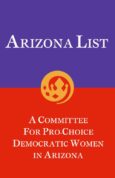This article was originally published by Tucson.com.
Catherine Nichols Special to the Arizona Daily Star
In the last ten years, I have been working with women across the state — recruiting, training and helping them get elected to public office. The typical woman candidate has to be asked seven times before she is willing to run. They have many questions about running — from who will take care of children or parents to how they will find the resources to mount a strong campaign. These are just a few of the many factors of why we have less women than men in public office in this country.
After a woman has won that hard-fought election and started serving and doing great work, sometimes I will get a quiet call. It is one of the saddest conversations I have. The woman will tell me she loves her work, that she feels fulfilled serving and she cares deeply about her constituents — but that she will have to leave public service because she simply cannot afford to serve with the salary (or lack thereof) that the elected office makes. As an organization dedicated to electing women and increasing female representation in elected office, Arizona List hears this story far too often. Therefore we strongly and unconditionally support Proposition 413, to increase Mayor and Council salaries.

Running for political office has become more challenging in these divisive times. Public officials have to be creative, strategic and compassionate in a world that is facing increasingly complicated problems. As voters, we need to be encouraging talented and committed people to seek those positions and lead, and decent salaries help to attract and retain strong and competent leadership.
Women face structural barriers to running for office. They have a harder time raising funds, they face tougher standards from the electorate and when elected, if they get lower salaries, it makes it even harder to afford to stay in public office. Tucson has notably low elected official salaries, especially when compared to other Arizona cities. Other cities in our state, like Flagstaff, Tempe and Phoenix have better salaries — and not surprisingly, they have more diverse city councils.
When salaries are held below a living wage, it makes it a difficult financial decision to run for office. When the Mayor and Council salaries are commensurate to other professional positions, and indexed to inflation, it encourages a wider pool of more diverse candidates to consider running — and that helps us have a stronger democracy. While the salaries will still be below Tucson’s average salary, this increase will allow more people to consider running for these offices, a strong first step in making city council and the mayor’s office more accessible to the wider community in Tucson. In support of the women considering public service who work with Arizona List, we strongly recommend yes on 413.
